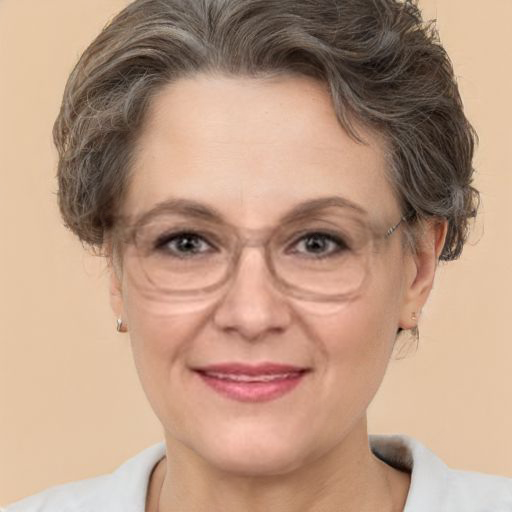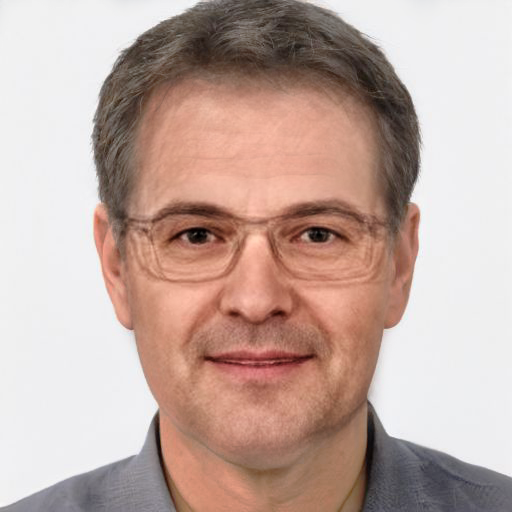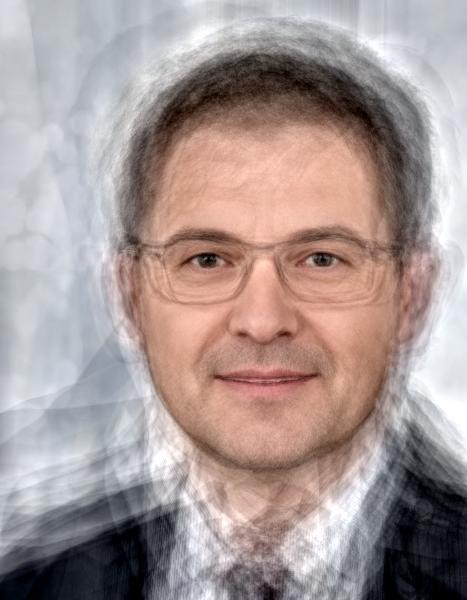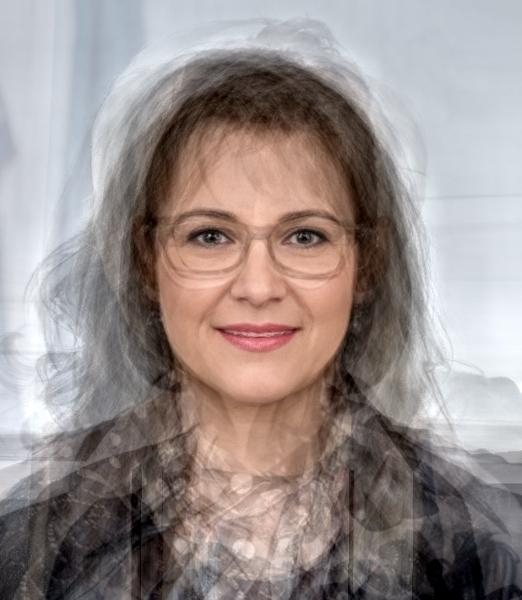SLOVENCELJN / GREEN SLOVENE
INSTALLATION

Installation (modelling clay, fabric, wood, acrylic paint)
Today's Slovene society forgives all mistakes, sins, and delusions. All but the fact that someone is successful and rich, they say. No, we don't fancy our well-heeled neighbours. After all, they've most surely earned their money by fraud. God forbid they've even filled their pockets with trade, living off others. They are a bunch of freeloaders, uneducated and lethargic show-offs, and their golden touch might as well be just dead luck.
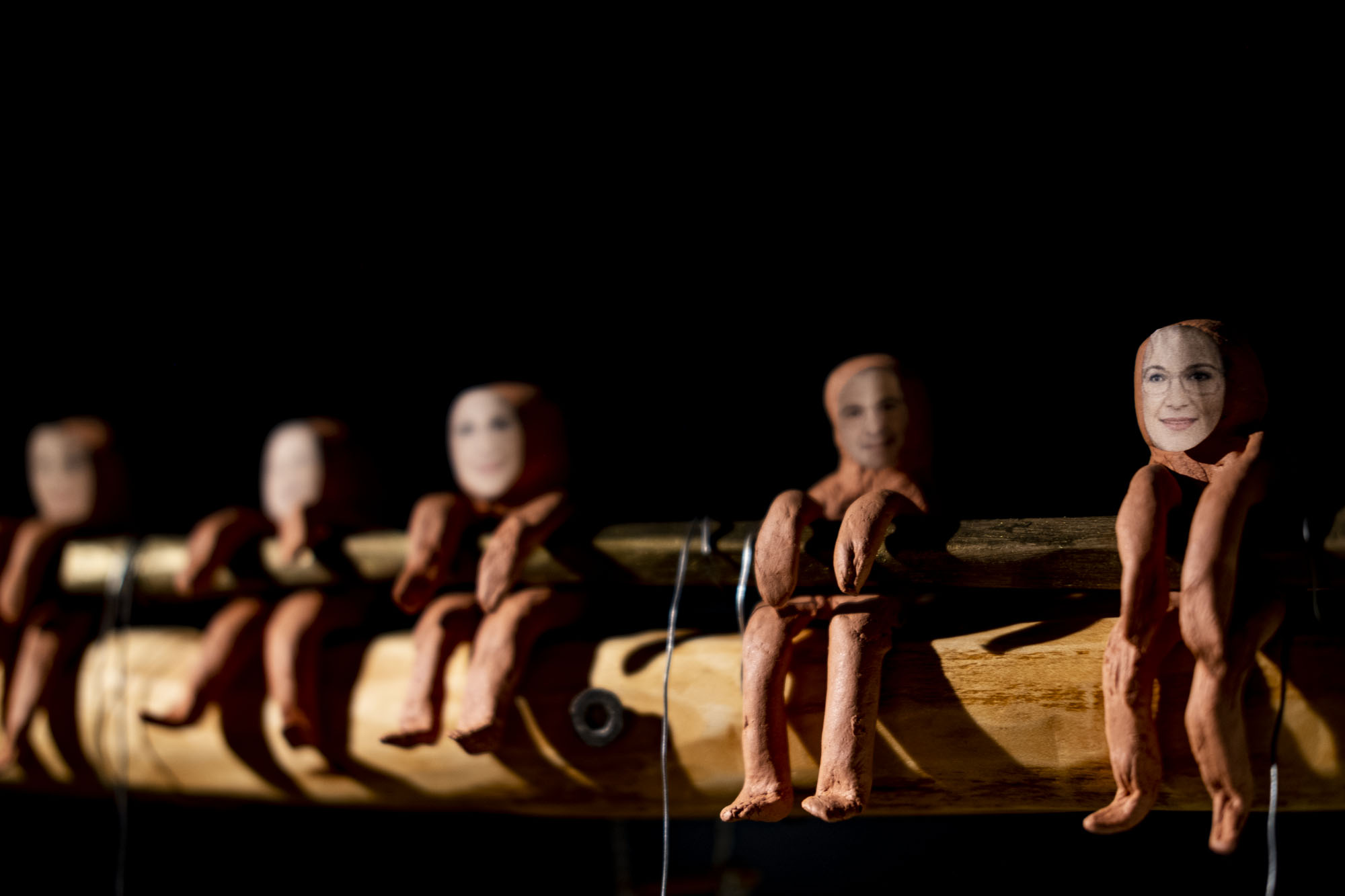
Stereotype or an attribute, you ask? I've got no idea. Can we truly and precisely describe a nation as a whole? Does more than half of the population have to exhibit a certain trait for it to be officially assigned to the "national character"? I wouldn't know. But I do know that numerous somewhat unfavourable notions about our fellow citizens, namely, excessive servility, envy and subordination to foreigners (as long as they are not coming from less developed countries, of course) are deeply integrated into our consciousness. So much so, that we've even invented words for people displaying these qualities that include the root morpheme of our demonym (Slovene = Slovenec -> slovenceljn, slovenuh) but add a distinctively pejorative connotation. You'll find it in our jokes, in our news, it's a part of every idle gossip, and you won't believe it, there is even a historical explanation for it. You see, for most of our time, we'd belonged to some other country's history. Aside from some brief periods and the last thirty years, we would succumb to other, more significant nations. Among us, predominantly peasants and serfs, we would sustain a more or less egalitarian relation. No one had much money or power, but at least we were all the same. When someone of our own would try to show any kind of virtuosity, we would make sure to quickly pull them back, before the occupier would. Then we suddenly became masters of our own fate. Naturally, some had to occupy more favourable positions, shaping a pyramidical society. By all means, personal friendships, political acquaintances, and so forth played a role. You could soon find someone way less educated and capable than you, rolling in it while you had to toil for your bread and butter. And no wonder you asked yourself, "why they and why couldn't that have been me?"


The installation features five seating figures representing the national character. Bellow, there are five hanged figures, each possessing a feature that could trigger feelings of jealousy (painted in gold). The sixth figure managed to save themself, despite the wealth and fame, climbing back the ladder of acceptance, taking the only way back - making a fool of themself.
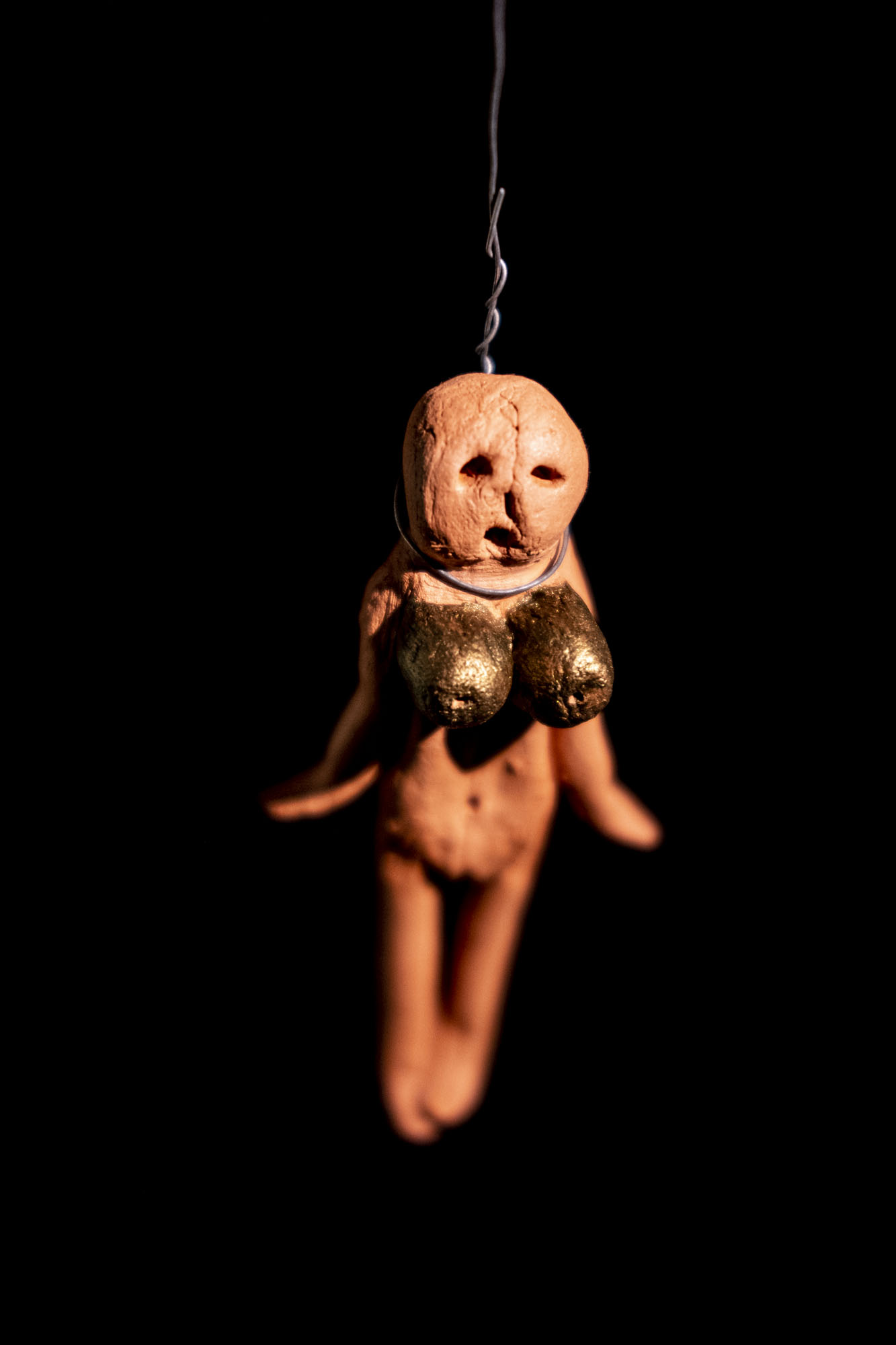

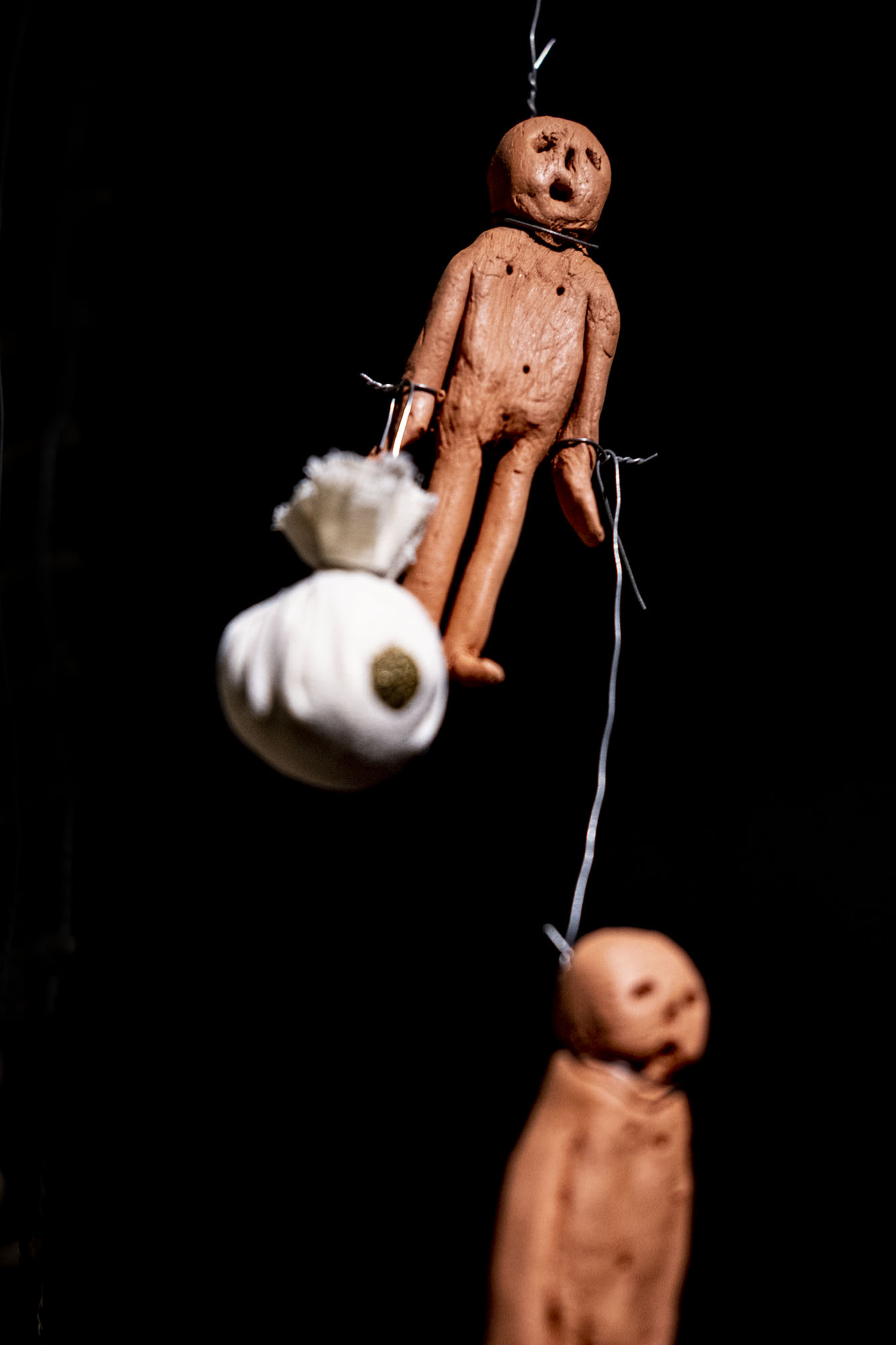

Whose are these faces?
Who else would be a better representation of a stereotype or national character than an average specimen? I took it literally, creating two faces (a man and a woman) using computer software and a number of portraits (members of the parliament may not be the most average people, but it is what I had at hand). I named them with most common names and surnames found on the website of the Statistical Office of the Republic of Slovenia. I added hair and body in Photoshop using computer-generated portraits as a base. They are completely fake, an overgeneralized collage that doesn't exist in flesh. Merely a projection of a national characteristic which too can't exist in a physical form or be explained by one individual.
Who else would be a better representation of a stereotype or national character than an average specimen? I took it literally, creating two faces (a man and a woman) using computer software and a number of portraits (members of the parliament may not be the most average people, but it is what I had at hand). I named them with most common names and surnames found on the website of the Statistical Office of the Republic of Slovenia. I added hair and body in Photoshop using computer-generated portraits as a base. They are completely fake, an overgeneralized collage that doesn't exist in flesh. Merely a projection of a national characteristic which too can't exist in a physical form or be explained by one individual.
